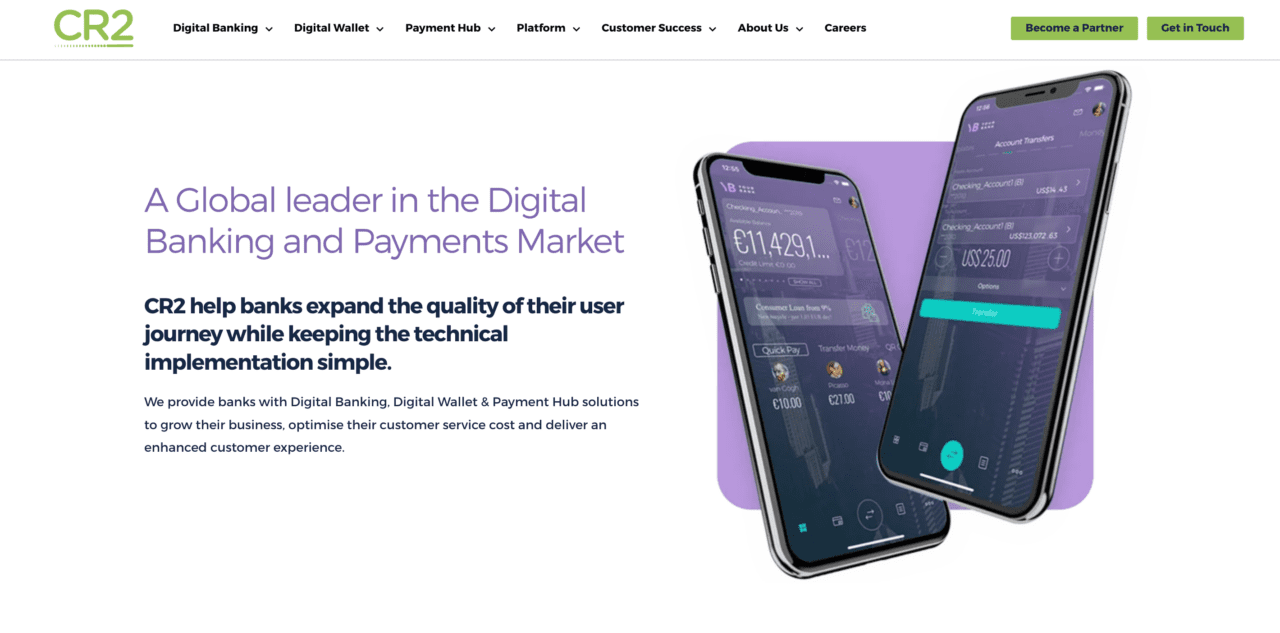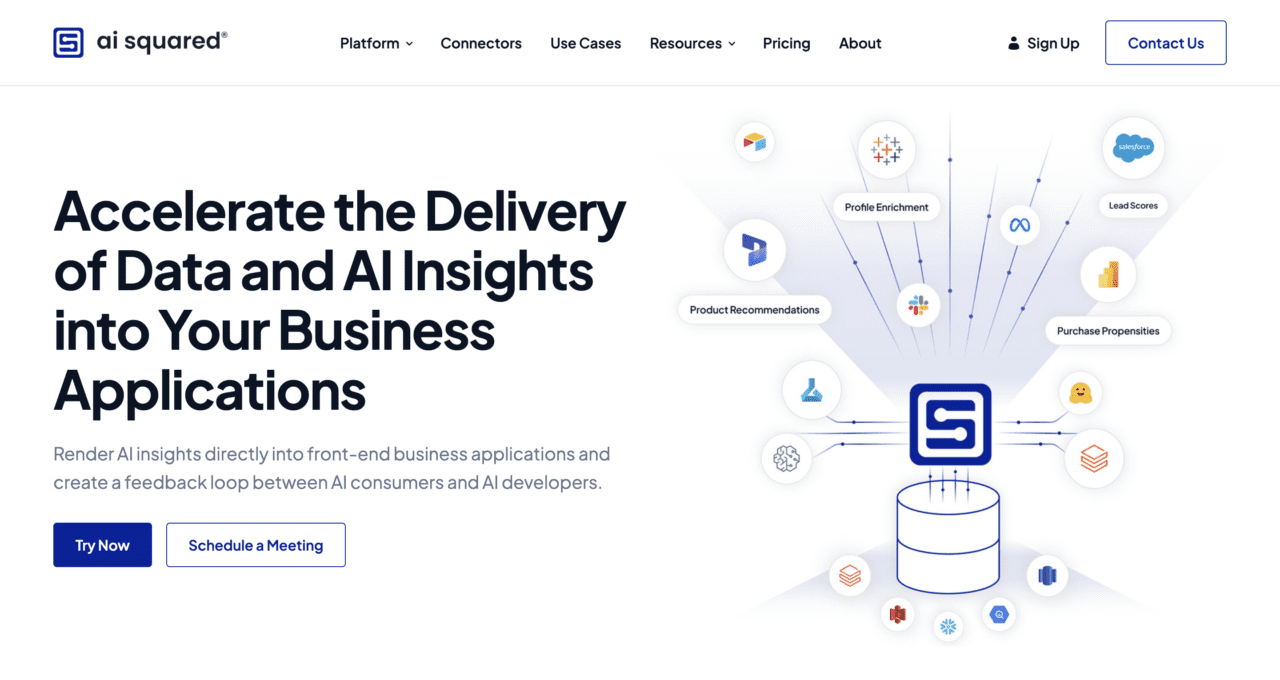
- Shift4 is acquiring gift card and loyalty solutions Givex for an undisclosed amount.
- The deal will expand Shift4’s client base by 130,000+ locations across 100+ countries.
- The acquisition is expected to close in Q4 2024, and follows Shift4’s recent acquisitions of Revel Systems and Vectron Systems.
Payments processing technology company Shift4 announced plans to acquire gift card and loyalty solutions company Givex. Financial terms of the deal were undisclosed.
Givex was founded in 1999 to help businesses launch and manage gift card and e-gift solutions, loyalty programs, point-of-sale (POS) systems, and more. The company’s clients include Nike, Marriott, 7/11, Wendy’s, Best Western, Texas Roadhouse, and others.
Founded in 1994, Shift4 offers a range of in-person and online payments solutions, including physical point-of-sale, mobile ordering, and contactless payment solutions. The Pennsylvania-based company also offers fraud prevention and business intelligence tools, as well as a gift card platform to help clients manage, sell, and redeem gift cards. “By combining Shift4’s end-to-end payment solution with our value-added engagement services, we can deliver an unparalleled package to both of our customer bases,” said Givex CEO Don Gray.
Once it is finalized, today’s deal will offer Shift4 an additional 130,000+ client locations across more than 100 countries where Givex’s solutions are implemented.
“Givex has a considerable footprint around the world which will dramatically increase Shift4’s overall customer base,” said Shift4 President Taylor Lauber. “At the same time, their gift card and loyalty solutions are second to none and will add significant value for our current customers, creating stickier relationships and enhancing our overall value proposition. Similar to other deals we have recently completed, this acquisition aligns perfectly with how we like to deploy capital – adding blue-chip merchants at a low customer acquisition cost while delivering additional benefits to our customer base.”
As the -as-a-service economy in fintech picks up, companies have been increasingly integrating digital gift cards into their existing apps apps, making them more accessible and easier to manage. The rise of e-gift cards has also been fueled by the post-2020 increase in online shopping, with consumers opting for digital solutions that can be easily redeemed at a wide range of retailers, both online and in-store. Financial services platforms also leverage gift cards to promote customer engagement with personalized rewards and loyalty programs that drive consumer spending.
Moving forward, as firms continue to leverage consumer data we will likely see further data-driven marketing and personalization efforts that will allow companies to tailor gift card offerings to consumer preferences and enhance the user experience.
The deal, which is subject to closing conditions, is expected to be completed in the fourth quarter of this year.
Shift4 has made a total of 14 acquisitions, including Revel Systems and Vectron Systems earlier this summer. The company went public in 2020 under the ticker symbol FOUR on the New York Stock Exchange and has a current market capitalization of $7 billion.













